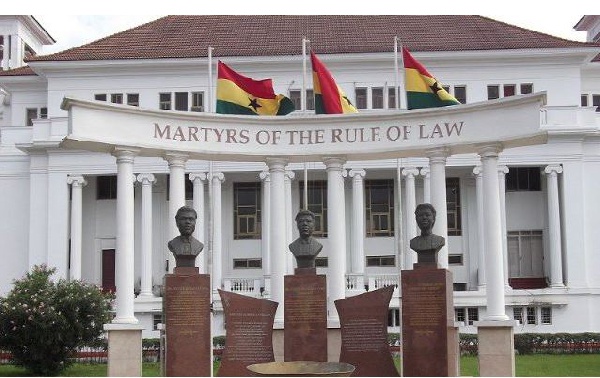
In effect, the highest court is saying that the long-standing practice where security agents, especially the police, detain people on Fridays or on holidays so that they could hold them beyond the permissible window of 48 hours should not be countenanced.
Legal Practitioner Martin Kpebu filed the action seeking to compel the authorities to ensure that detaining suspects under 48 hours before presenting him/her before a court of law should not only be conditioned on the days that the courts are sitting but should be applicable to all days whether weekends or public holidays.
A seven-member panel presided over by outgoing Chief Justice Sophia A.B. Akuffo unanimously held that the 48-hour rule on the power to arrest, restrict and detain suspects in Ghana is applicable on all holidays and by extension all seven days of the week.
The panel which included Justices Julius Ansah, Anin-Yeboah, Paul Baffoe-Bonnie, Sule Nasiru Gbadegbe, Alfred Anthony Benin and Prof. Nii Ashie Kotey, gave consequential orders directed at the Chief Justice, the Inspector General of Police, Registrars of the various courts to ensure that the ruling of the court is brought to the attention of all interest parties for purposes of its enforcement.
Mr. Kpebu’s application invoked the original Jurisdiction of the Supreme Court for an interpretation of Article 14 Clause 3 of the 1992 Constitution which states that “a person who is arrested, restricted or detained (a) for the purpose of bringing him before a court in execution of an order of a court; or (b) upon reasonable suspicion of his having committed or being about to commit a criminal offence under the laws of Ghana, and who is not released, shall be brought before a court within forty-eight hours after the arrest, restriction or detention.”
He sought a declaration, among other things, that “on a true and proper interpretation of Article 14(3) of the Constitution (1992) a Saturday, a Sunday, a public holiday, anytime during a civil unrest and any other day that the courts in Ghana cannot sit (e.g. during strike by judicial service staff or during a strike by any other stakeholder that will prevent the court from sitting) would be counted in reckoning the 48 hours within which a person arrested or detained on suspicion of committing a crime and not released must be brought before a court under article 14 (3) of the Constitution of Ghana (1992).”
Another relief was that the court should declare that “on a true and proper interpretation of Article 14(3) of the Constitution (1992), section 4 of the Public Holidays Act (Act 601) is inconsistent with Article 14 (3) and is void to the extent of that inconsistency only.”
He also asked that “on a true and proper interpretation of Article 14(3) of the Constitution (1992) certain courts must be made to sit on Saturdays, Sundays or any other day that the courts are ordinarily unable to sit due to strikes, civil unrest and other circumstances not contemplated, in order for the court to hear applications for bail,” as well as “a declaration that where a court is scheduled to sit on or seized with a criminal matter concerning an arrestees who is being brought pursuant to Article 14 (3) of the Constitution is unable to sit in open court under circumstances of strike or civil unrest an arrestee in custody has a right to apply to a judge who has jurisdiction to hear that kind of case for bail or for his release depending on the classification of the offence. The application may be made in chambers or any other place the judge may be found and should not be subject to filing a motion in the court, but the motion may be filed with the judge.”
Read Full Story




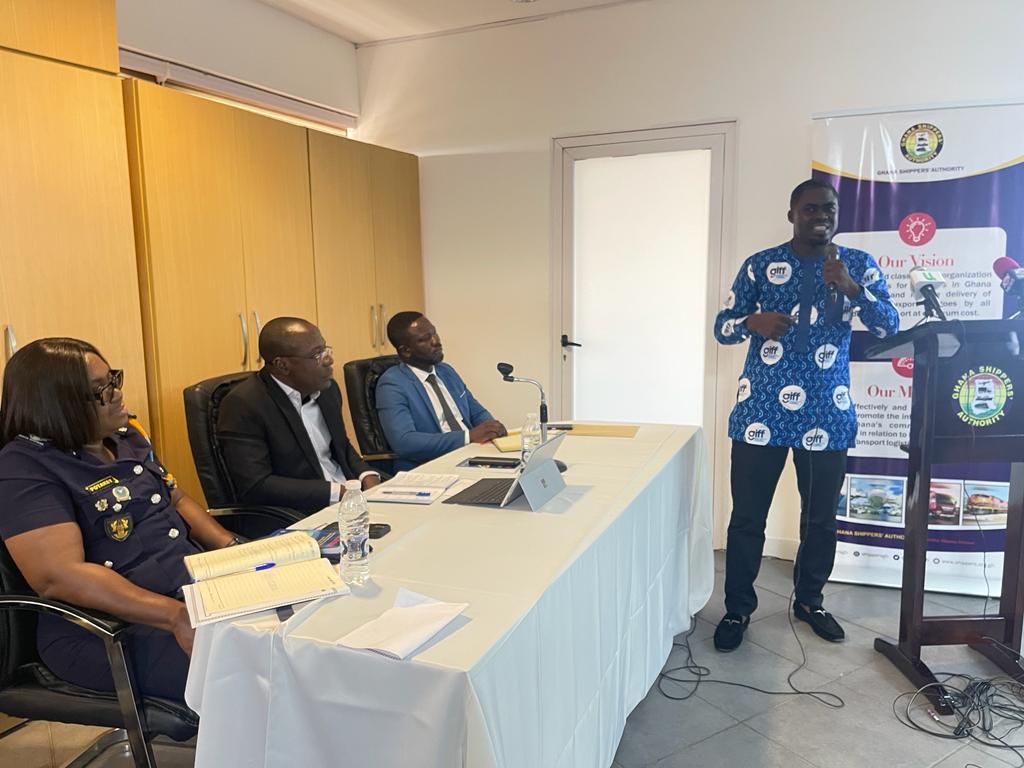







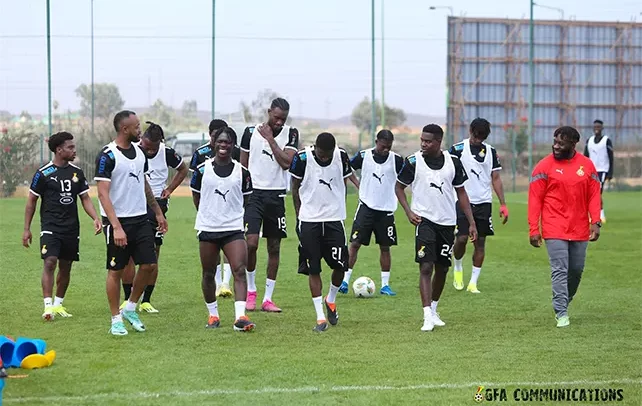






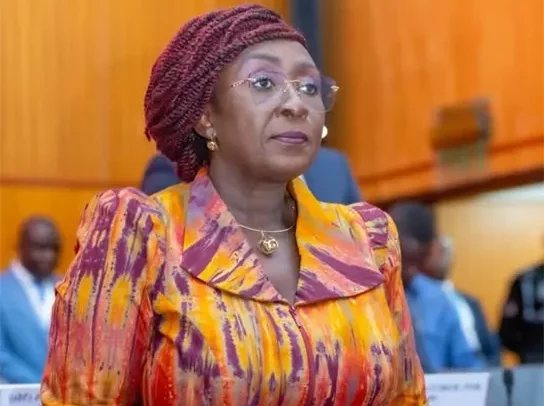
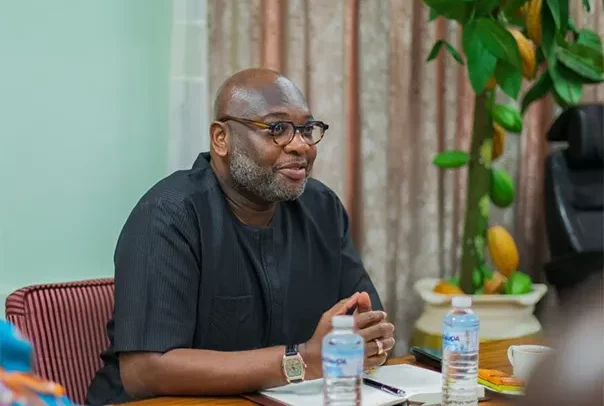
Facebook
Twitter
Pinterest
Instagram
Google+
YouTube
LinkedIn
RSS